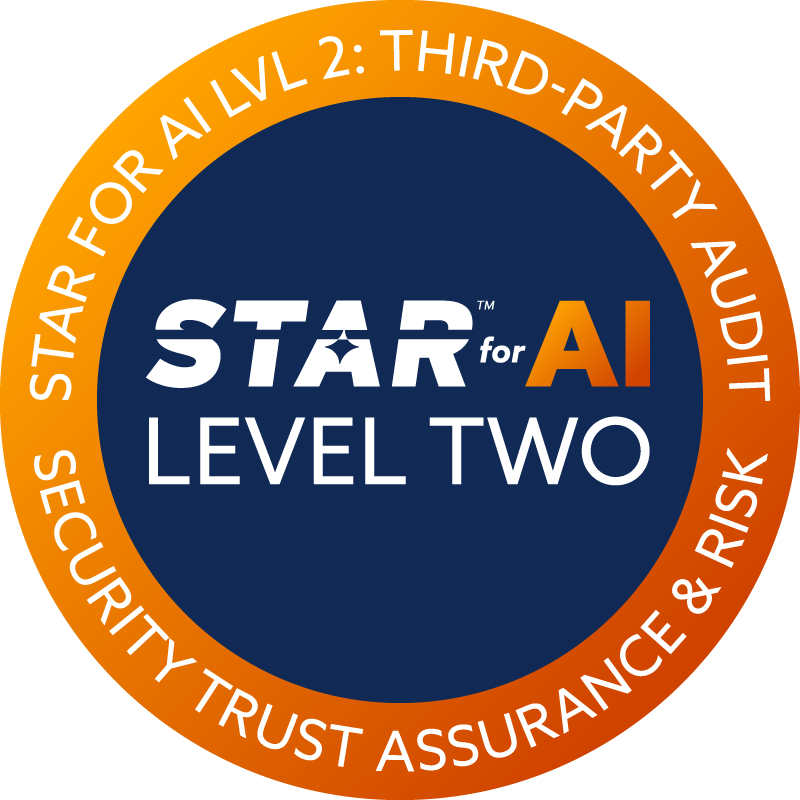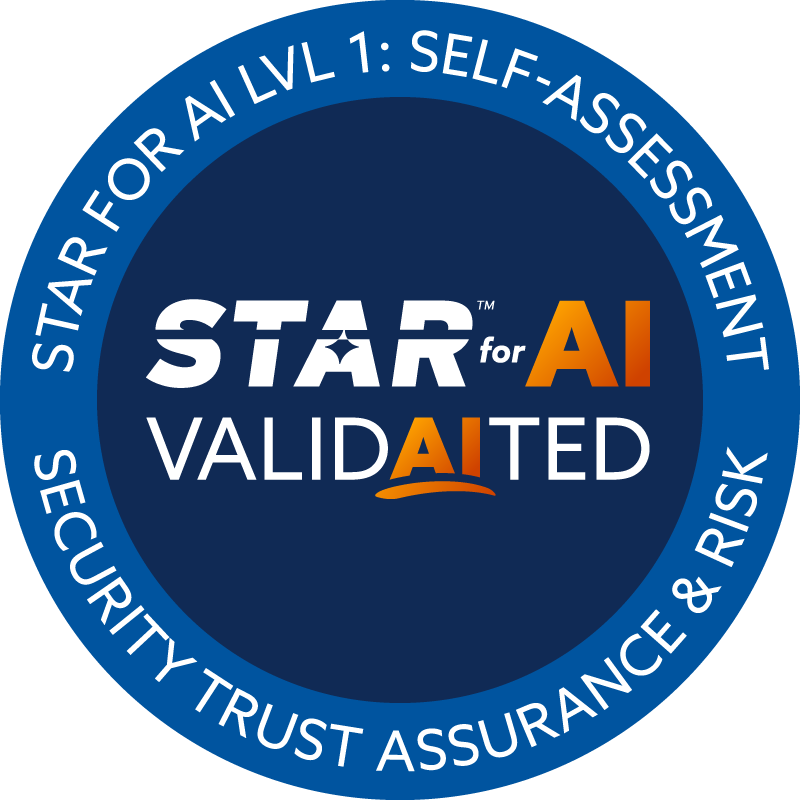Microsoft 365
Microsoft 365 is a multi-tenant cloud computing-based subscription service offering from Microsoft. Cloud computing has been defined by NIST as a model for enabling convenient, on-demand network access to a shared pool of configurable computing resources (e.g., networks, servers, storage, applications, and services) that can be rapidly provisioned and released with minimal management effort or cloud provider interaction. Further, as defined within NIST SP 800-145 (The NIST Definition of Cloud Computing), the service model for Microsoft 365 is Software-as-a-Service (SaaS). SaaS is a model of software deployment whereby one or more applications and the computational resources to run them are provided for use on demand as a turnkey service. Its main purpose is to reduce the total cost of hardware and software development, maintenance, and operations. Security provisions are carried out mainly by the cloud provider. The cloud subscriber does not manage or control the underlying cloud infrastructure or individual applications, except for preference selections and limited administrative application settings. Microsoft 365 is comprised of: Exchange Online, SharePoint, MS Teams, Office Online, Microsoft 365 Copilot, Microsoft 365 Copilot Chat and other branded services. Microsoft 365 also provides capabilities under the Azure Communications Services label which are made available to the cloud subscriber as resources in the subscriber Azure subscription.
View other services by Microsoft:




Listed Since: 06/15/2020
Last Updated: 11/19/2025
STAR Level 1
Self-Assessment & Partner-Provided

CAIQ Self-assessment v4.0.3
Offers an industry-accepted way to document what security controls exist in IaaS, PaaS, and SaaS services. It provides a set of Yes/No/NA questions and space to justify the response a cloud consumer and cloud auditor may wish to ask of a cloud provider to ascertain their compliance to the Cloud Controls Matrix (CCM).

AI CAIQ Self-assessment v1.0.2
Offers an industry-accepted way to document what security controls exist in solutions that include AI components or are AI products. It provides a set of Yes/No questions a cloud consumer and cloud auditor may wish to ask of a cloud provider to ascertain their compliance to the Artificial Intelligence Controls Matrix (AICM).
STAR Level 2
Third-Party Audit
Organizations looking for a third-party audit can choose from one or more of the security and privacy audits and certifications.

ISO/IEC 42001
ISO/IEC 42001 is the international standard that specifies requirements for establishing, implementing, maintaining, and continually improving an Artificial Intelligence Management System (AIMS) to ensure the responsible, ethical, and effective use of AI.
